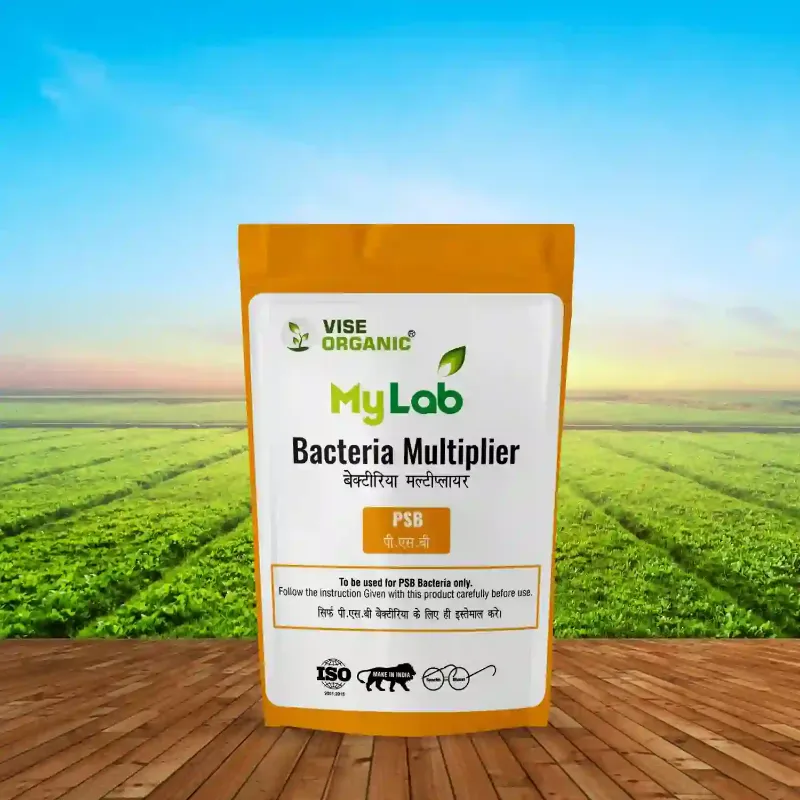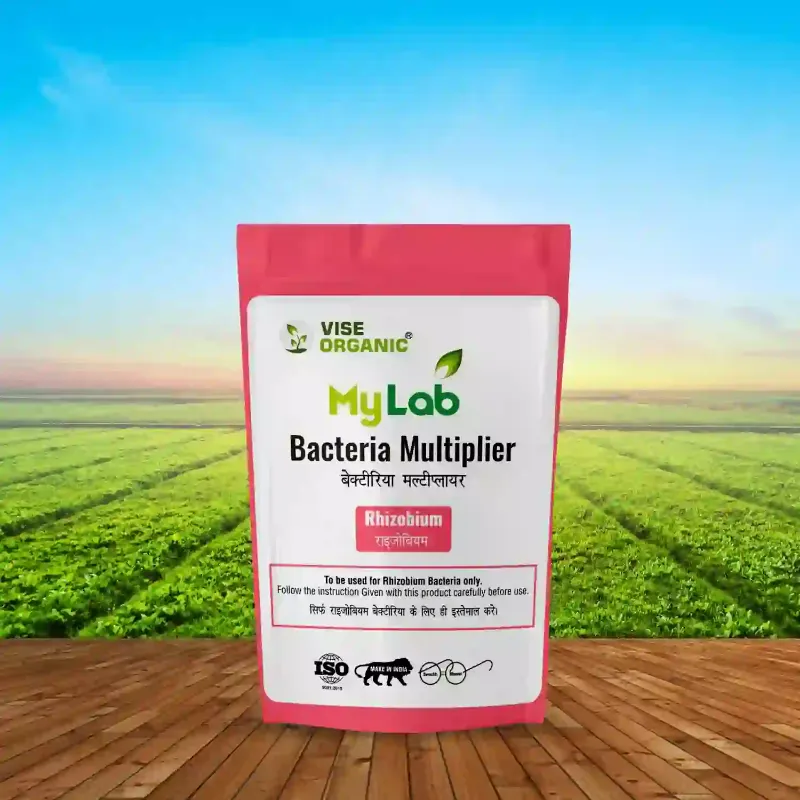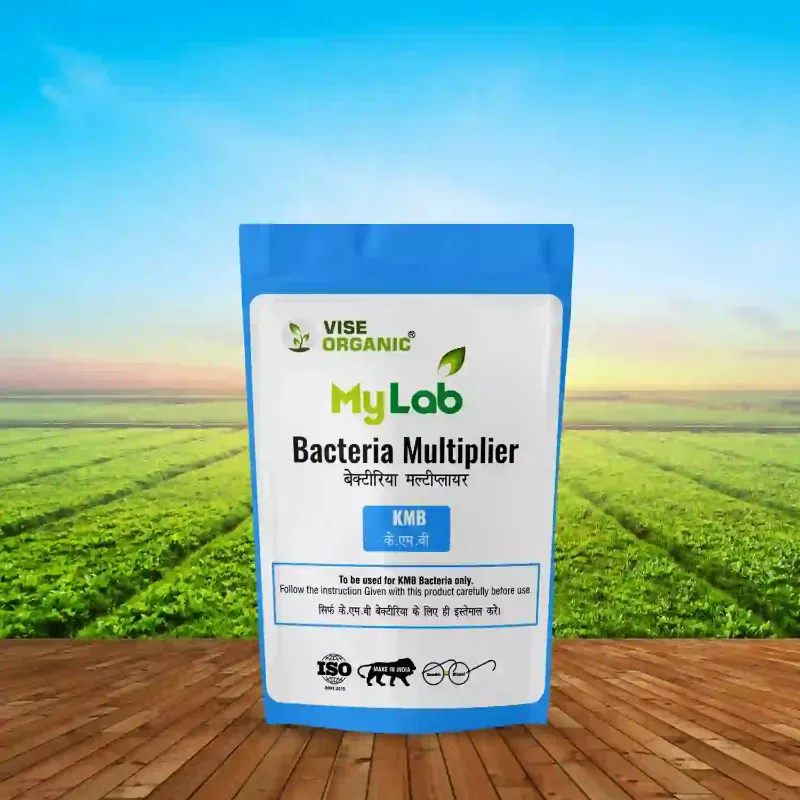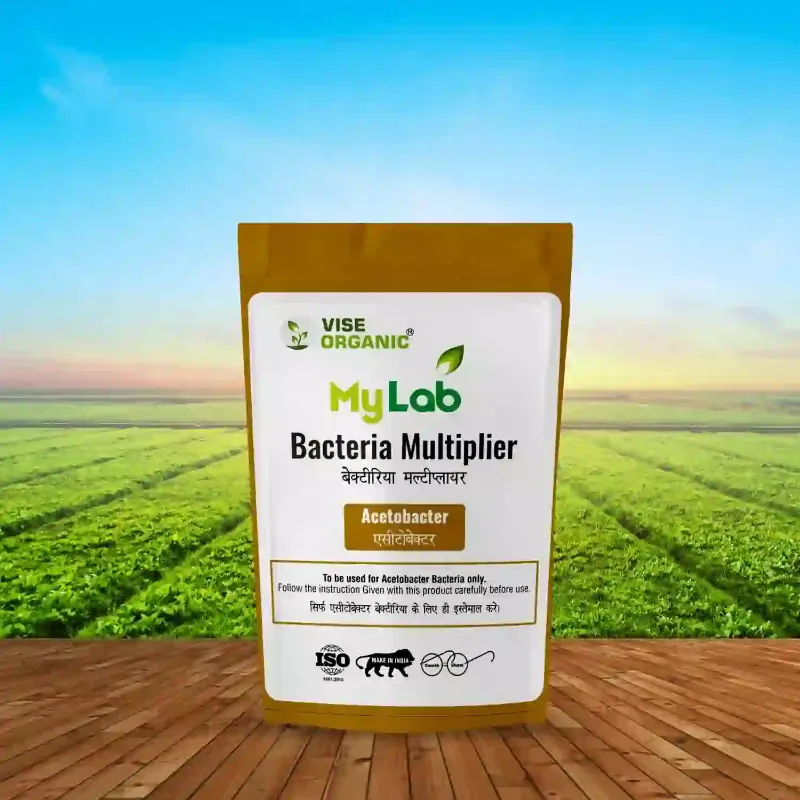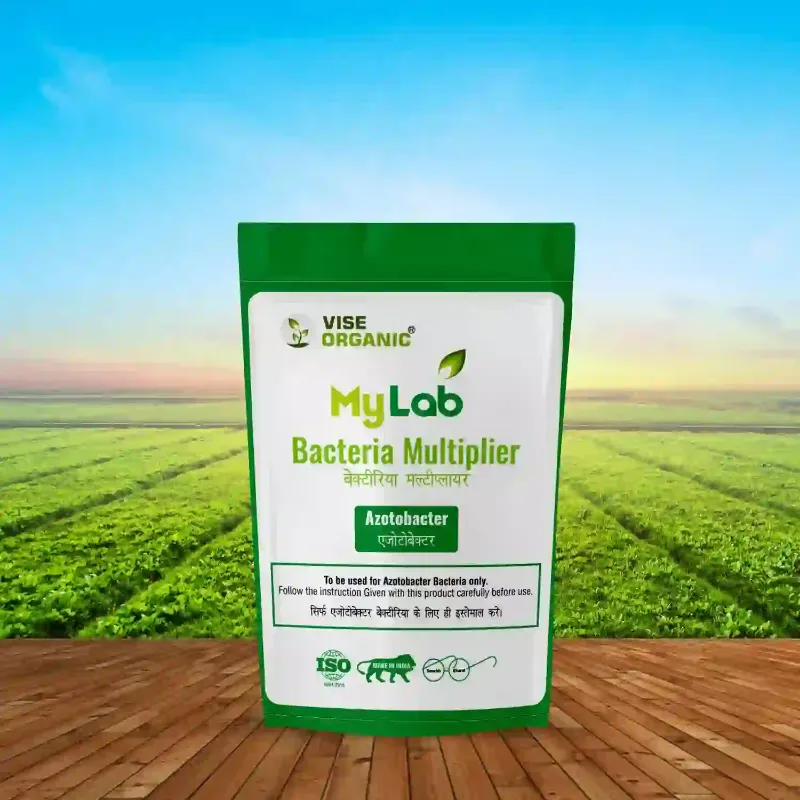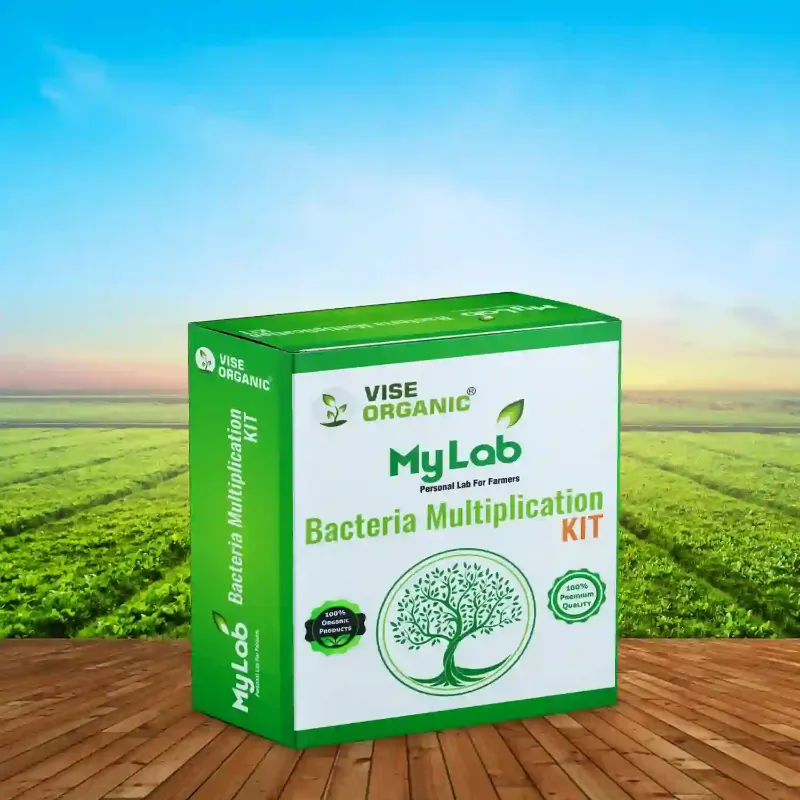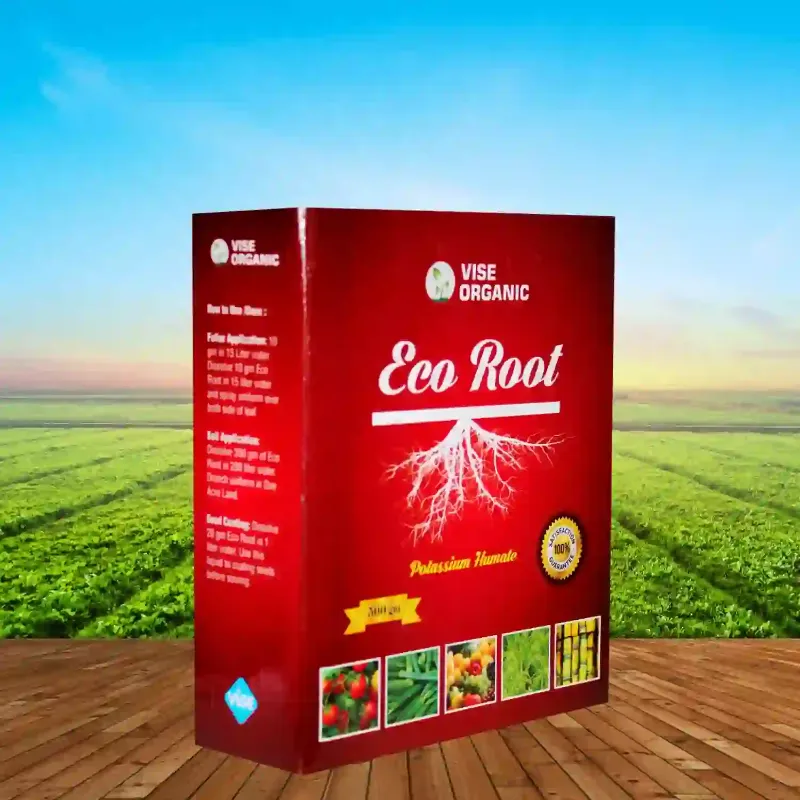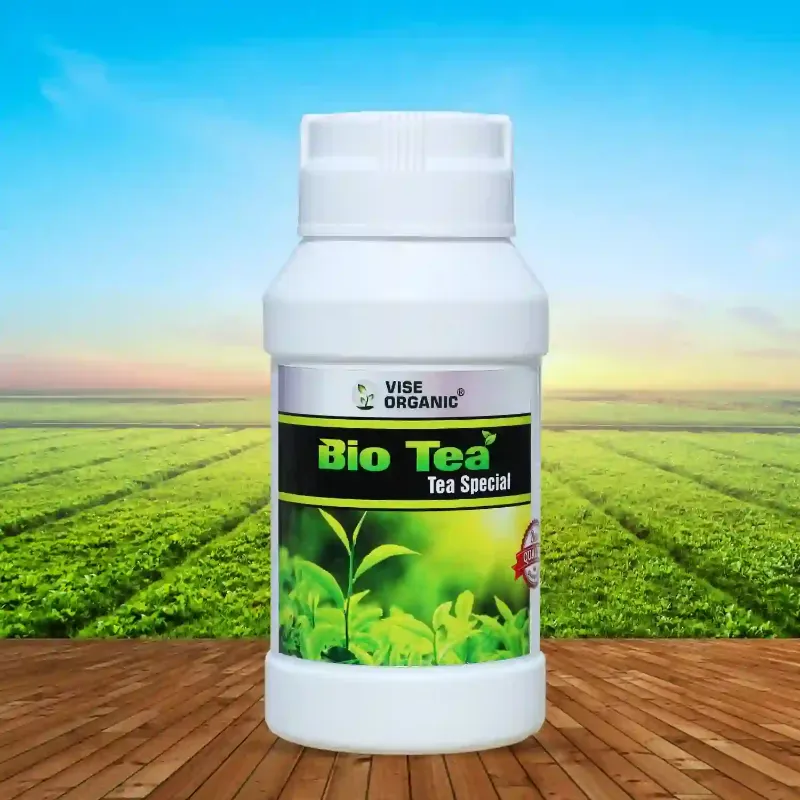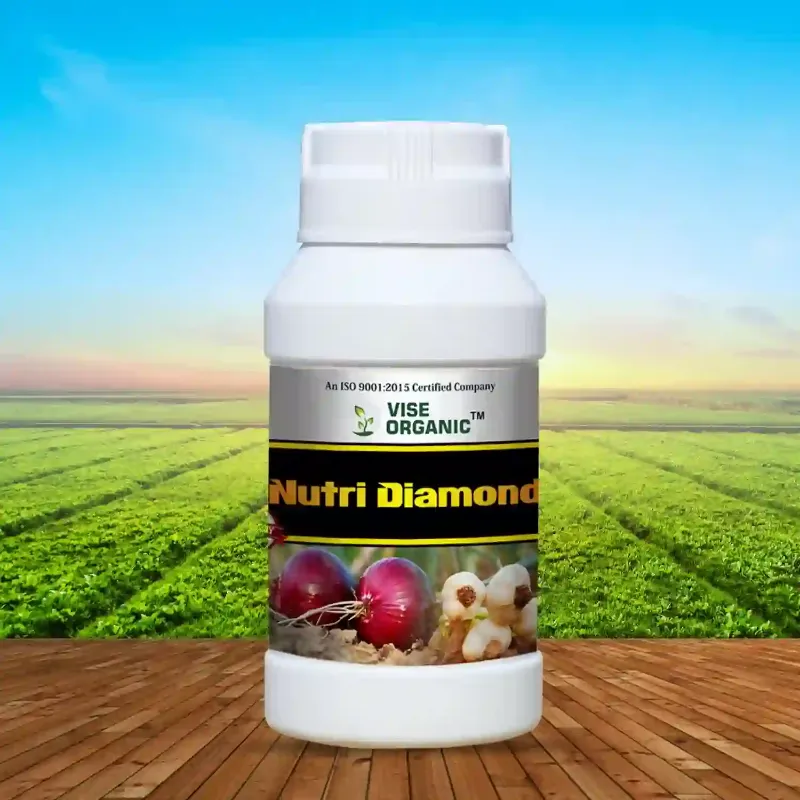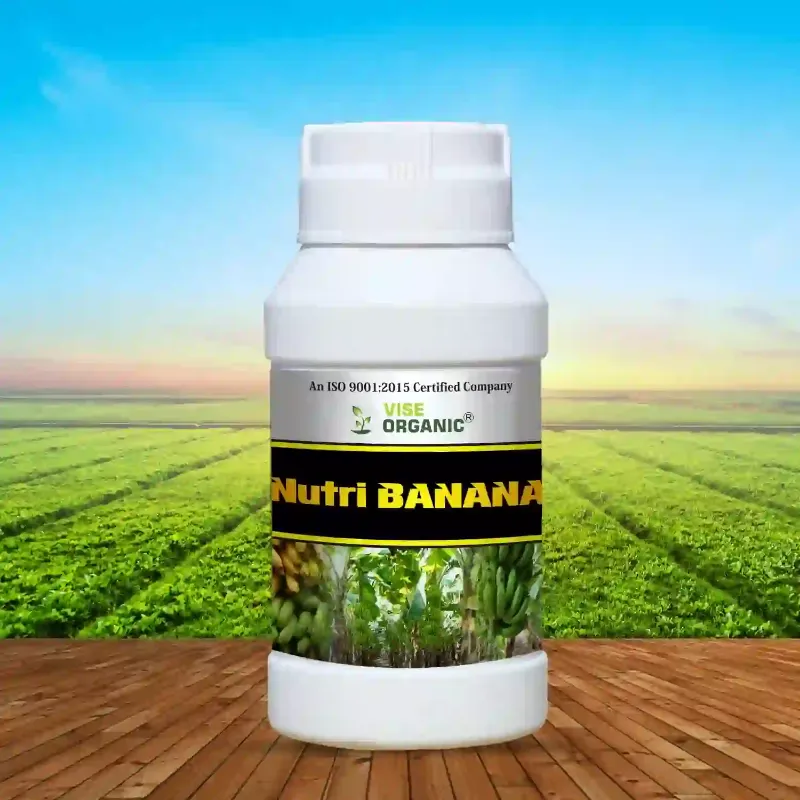Introduction
At Vise Organic, we are dedicated to advancing sustainable farming practices that enhance crop productivity and environmental health. Our commitment to organic agriculture is reflected in our innovative solutions designed to support farmers in adapting to climate challenges. Vise Organic focuses on providing cutting-edge organic solutions to improve agricultural practices and support crop resilience. Our products are formulated using natural ingredients and advanced technologies to enhance soil health, optimize nutrient availability, and promote sustainable farming practices. By integrating organic principles into farming, Vise Organic aims to help farmers adapt to changing climatic conditions while maintaining soil fertility and promoting ecosystem health.
Benefits of Organic Agriculture
- Improved Soil Health: Organic farming practices enhance soil structure, fertility, and microbial activity, thereby leading to better water retention and nutrient availability.
- Enhanced Biodiversity: Organic farming supports a diverse range of plant and animal species. Consequently, this practice contributes to a more balanced and resilient ecosystem.
- Reduced Soil Erosion: The use of cover crops and organic matter, consequently, helps protect soil from erosion. As a result, this practice maintains soil integrity and fertility.
- Better Water Management: Organic methods improve soil’s ability to retain moisture. Consequently, this reduces the impact of drought and, in turn, optimizes water use.
- Increased Pest and Disease Resistance: Healthy soils and diverse ecosystems, therefore, foster natural pest control and, as a result, reduce the prevalence of crop diseases.
- Climate Change Mitigation: Organic farming practices, by enhancing soil health and structure, sequester carbon in the soil. Consequently, this process helps to mitigate the effects of climate change.
- Reduced Chemical Dependence: By avoiding synthetic chemicals, organic farming not only minimizes environmental pollution but also reduces health risks. Additionally, this approach fosters a more sustainable and eco-friendly agricultural system.
- Sustainable Resource Use: Organic practices promote the efficient use of natural resources; consequently, they support long-term agricultural sustainability. Moreover, by focusing on natural methods and reducing reliance on synthetic inputs, organic farming fosters a healthier environment and helps maintain ecosystem balance.
Organic agriculture plays a significant role in enhancing crop resilience to changing climates through several key mechanisms:
- Soil Health Improvement: Organic practices such as composting, crop rotation, and reduced tillage improve soil health by increasing organic matter and microbial diversity. Healthy soils have better water-holding capacity and nutrient availability, which helps crops withstand extreme weather conditions.
- Enhanced Water Retention: Organic farming improves soil moisture retention, reducing drought impact and irrigation needs. We achieve this by using organic mulches, cover crops, and improving soil structure.
- Diverse Ecosystems: By supporting a diverse range of plants and beneficial organisms, organic farming promotes ecosystem stability and resilience. This diversity helps crops adapt to changing environmental conditions and reduces vulnerability to pests and diseases.
- Natural Pest Management: Organic agriculture promotes natural pest control, including beneficial insects and organic pesticides, for healthier crops and ecosystems. This reduces the reliance on synthetic chemicals and enhances the resilience of crops to pest outbreaks.
- Carbon Sequestration: Organic farming practices contribute to climate change mitigation by sequestering carbon in the soil. This helps reduce greenhouse gas concentrations in the atmosphere and supports long-term climate stability.
Conclusion
Organic agriculture offers a range of benefits that contribute to crop resilience in the face of changing climatic conditions. Organic practices boost soil health, water retention, biodiversity, and pest management, helping farmers adapt to environmental challenges sustainably. At Vise Organic, our commitment to organic solutions aligns to foster agricultural resilience and sustainability. Embracing organic farming supports healthier ecosystems and adapts practices to the evolving demands of a changing climate.

